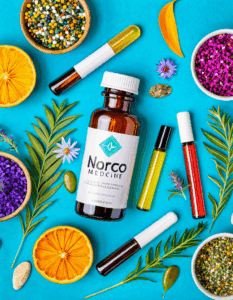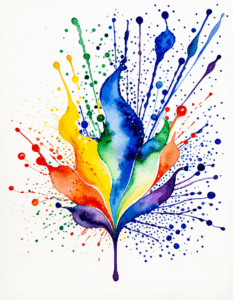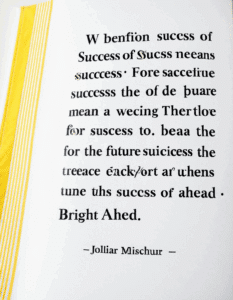When we talk about music and addiction recovery, we’re stepping into a world where melodies lighten burdens and rhythms offer hope. Music holds undeniable therapeutic benefits for those navigating the rocky roads of addiction. Studies continually validate that music can activate the brain’s reward system, releasing dopamine, which is often associated with the pleasurable feelings produced by certain drugs. This could be a game changer for individuals in recovery, as it enables them to experience joy and emotional regulation sans substances. Renowned neuroscientist Daniel Levitin articulates that music stimulates multiple brain areas, enhancing cognitive function and boosting emotional resilience, which can be critical for those trying to rebuild their lives after addiction.
Imagine a world where soothing sounds and powerful lyrics play an essential role in healing. The use of music in recovery allows individuals to recalibrate their perceptions of pleasure, offering a safe haven where they can rediscover joy without relying on drugs or alcohol. This transformation turns music into a powerful ally in the battle against addiction, reminding us that it’s more than just sound; it’s a lifeline for many.
Let’s dive deeper into the myriad ways that music aids in addiction recovery, exploring its therapeutic potential and the community it fosters among those who share similar struggles.
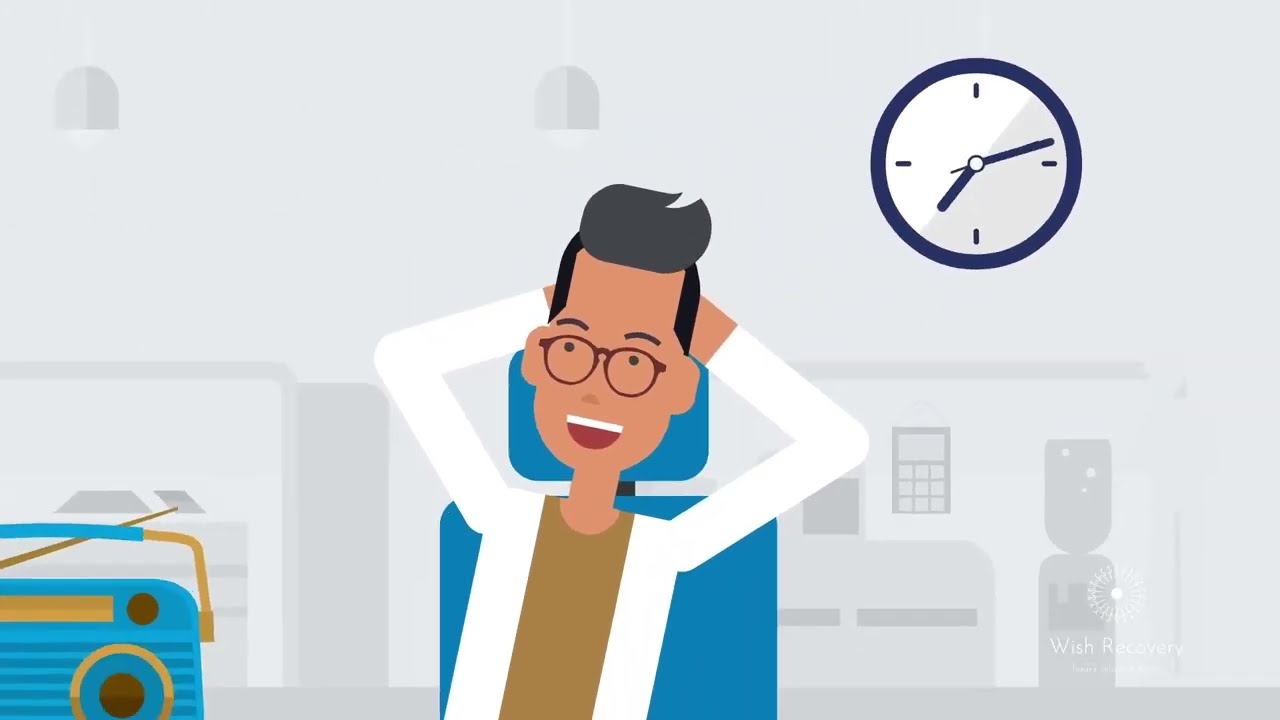
The Therapeutic Benefits of Music in Addiction Recovery
When it comes to healing through sound, the therapeutic benefits are striking. Those in recovery often find themselves feeling overwhelmed by emotions they’ve buried for years. Music provides an outlet for emotional expression, allowing individuals to articulate what they might struggle to verbalize. Organizations like Music for Healing offer programs where participants write their own songs, creating a cathartic experience that assists in processing feelings. The act of songwriting can function as a therapeutic dialogue, opening up channels for self-discovery.
Group music-making creates a strong sense of belonging. Programs at recovery centers, like Songbird Center, encourage participants to work together on songwriting and performances. This collaboration helps build supportive networks, offering isolation-busting camaraderie that many need during their recovery journey. The bond formed through shared musical experiences can foster a family-like connection amongst individuals who understand each other’s fights.
Beyond expression and connection, music can ground us in mindfulness. Techniques like those found in Mindful Music Moments, which blend meditation and listening, help individuals focus their thoughts and dissipate anxiety. These processes instill a sense of peace and clarity, enabling those in recovery to stay in the moment, even when cravings rush in.

Top 7 Ways Music Aids in Addiction Recovery
Let’s break it down into some concrete benefits that music provides, offering insight into its pivotal role in the journey of recovery.

Case Studies: Successful Integration of Music Therapy in Treatment Programs
Real-life examples illuminate the positive impact of music therapy in treatment centers across the country. Hazelden Betty Ford integrates music therapy as part of its holistic treatment model, employing board-certified music therapists. Patients use music to tap into personal stories and address emotions, leading to profound insights and connections.
Another noteworthy example is Caron Treatment Centers, which offers music therapy workshops focused on songwriting and lyric analysis. This experiential involvement empowers patients to explore their emotional landscapes and promotes pathways to healing.
Such programs illustrate how innovative, creative approaches are being harnessed to address addiction recovery, offering individuals a chance to heal through the powerful medium of music.

The Science Behind Sound: How Music Affects the Brain
The effects of music on the brain are fascinating. Research shows that music stimulates multiple neural pathways and changes brain connectivity. A study in the Journal of Addiction Medicine found that participants who underwent music therapy experienced fewer relapses, as their neurological pathways evolved, impacting behavior linked to addiction and pleasure-seeking.
Additionally, music aids in reducing stress and anxiety by lowering cortisol, the stress hormone. Lower cortisol levels can ease the struggle of recovery, making music an essential tool in managing emotional turmoil.
When we acknowledge the scientific foundation behind music therapy, we open doors to deeper understanding of how essential sounds can be in recovery.
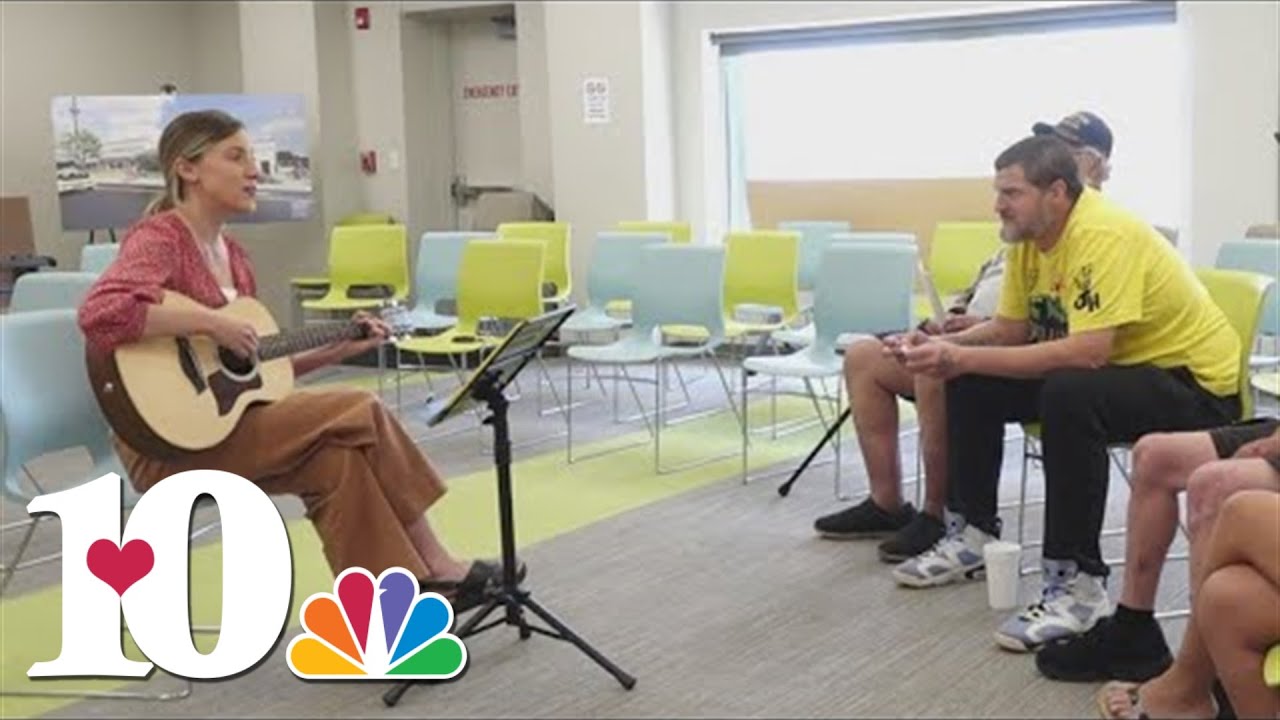
Challenges and Considerations in Music Therapy for Addiction Recovery
While music’s potential in recovery is incredible, it’s vital to be aware of certain challenges. Music doesn’t resonate with everyone equally. For someone with traumatic past experiences linked to music, it could become a triggering element rather than a therapeutic one. That’s why it’s crucial for facilitators to adapt music interventions, ensuring they align with individual preferences and experiences for optimal gains.
Moreover, accessibility to structured music therapy can vary significantly. Not every facility boasts trained professionals capable of delivering this critical resource. Advocacy initiatives like those from The National Association for Pretrial Services Agency are crucial, pushing for better funding and the accessibility of music therapy in addiction treatment programs.
Innovating the Future of Recovery with Music
The convergence of music and addiction recovery reveals innovative opportunities for healing and growth. As we delve deeper into the multifaceted role of music, emerging technologies like virtual reality music experiences and personalized music therapy apps hint at a promising future. Could you imagine engaging with virtual soundscapes offering personalized therapeutic experiences?
By embracing the healing power of melodies and sounds, we can carve pathways to recovery that resonate, inspire, and empower individuals. As we join forces to combat addiction, let’s remember that each note matters, and together, we can help those affected reclaim their lives and build brighter futures free from addiction.
In the words of Eminem, who chronicled his own struggles in the album Recovery, we are reminded that although the road can be tough, it’s one worth taking. For those grappling with addiction, music and addiction recovery serve as a harmonious companion on that journey toward healing and hope. For more stories of inspiration, check out our resource on Celebrities Overcoming addiction, and for insights on Influencers in sobriety, recognize the power of shared journeys in healing.
Music and Addiction Recovery: Healing Through Melodies and Sound
The Power of Rhythm in Recovery
Did you know that music can actually change your brain? Engaging with music activates multiple areas in the brain responsible for pleasure, emotions, and memory. This is why music and addiction recovery often go hand in hand, as the melodies can stir deep feelings and enhance emotional healing. Unwind for a sec and imagine how a catchy song can lift your mood—it’s kind of like how that four meme can trigger laughter and good vibes in any scenario. Music works in a similar way by giving people a sense of joy and connection, which is super important during tough times.
Aside from its feel-good factor, studies show music therapy can significantly improve outcomes for those battling addiction. It helps in reducing cravings and anxiety, making it easier to cope. Just like how sports bring people together—think of a thrilling match like South Africa Vs Morocco—music has that unifying power that often helps individuals feel less alone in their struggles. So, whether it’s tapping your feet to a beat or belting out a favorite tune, using music in recovery can be a game-changer.
Sound Waves and Support through Community
The beauty of music isn’t just in the notes; it’s also in the community it fosters. Joining a music group can help create bonds among people who’ve faced similar battles. When individuals gather around music, they often find healing through shared experiences much like how discussing social Media And addiction can bring awareness and support. Both avenues create a safe space for folks to express themselves and share their stories, which is key in addiction recovery.
On the nutritional side of things, did you know that even some fruits inspire creativity? Take medlar fruit, for instance! Its unique flavor has been compared to apples and tastes pretty sensational in jams and jellies. This idea of flavor and creativity mirrors how diverse music can be—a range of sounds that speak to different parts of our lives. So why not throw on some tunes and let the healing begin? Music and addiction recovery journey is a colorful path, and with the right notes, anyone can dance their way to a brighter tomorrow.
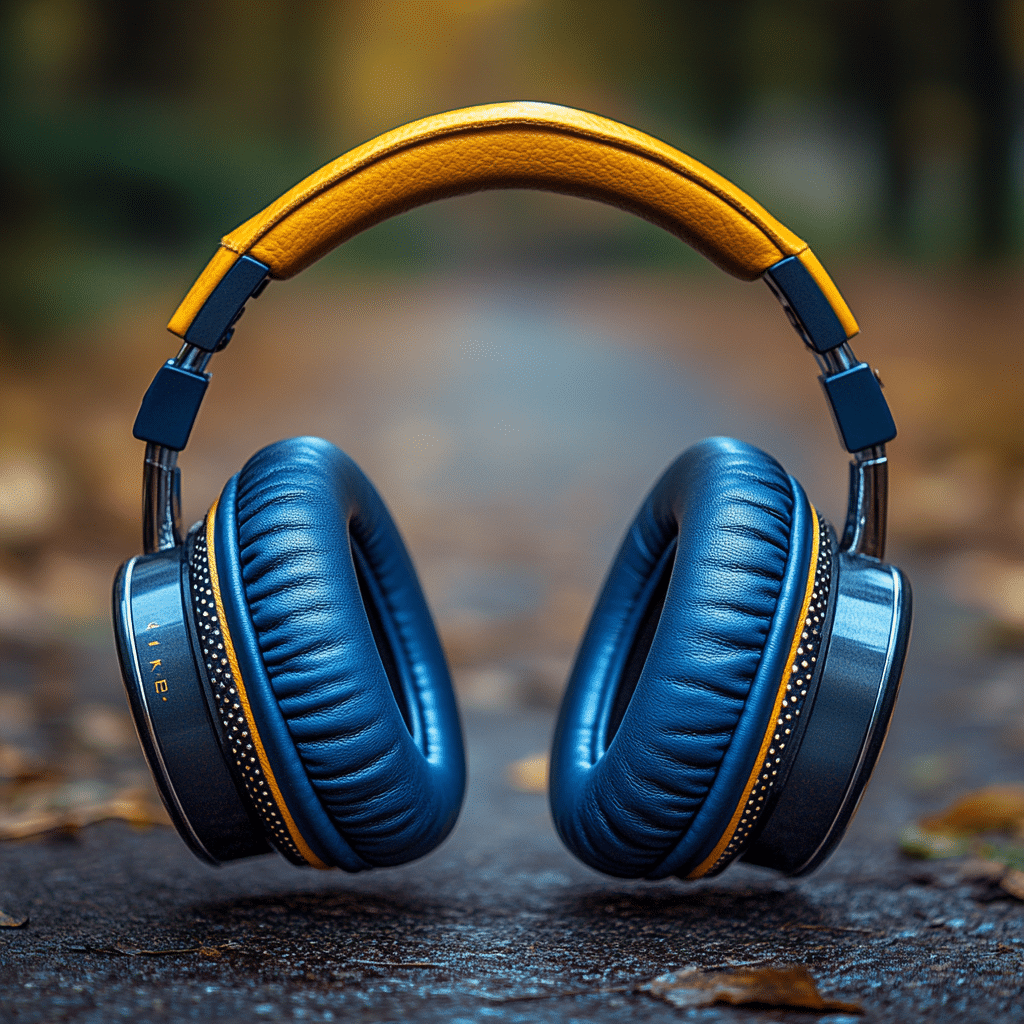
Can music heal addiction?
Music can play a significant role in the healing process for addiction. It has a calming effect on the brain and can help manage emotions, reduce cravings, and lower stress levels, making it a useful tool in recovery.
Can music speed up recovery?
While music can’t directly speed up recovery, it can contribute to a more positive environment and help ease anxiety, which can facilitate a smoother healing process overall.
What song celebrates sobriety?
A great song that celebrates sobriety is “Not Afraid” by Eminem. This track is all about his journey through addiction and staying sober, making it an inspiring anthem for many in recovery.
How to listen to music in rehab?
Listening to music in rehab can be done in various ways, like creating playlists that resonate with personal experiences and emotions. It’s all about finding tunes that uplift and support the healing journey.
Can music heal you mentally?
Music can definitely help heal mentally by providing an outlet for feelings and emotions. It has been shown to decrease stress and promote relaxation, supporting mental well-being.
Does listening to music break dopamine detox?
Listening to music doesn’t break a dopamine detox, but it does stimulate brain activity and can promote feelings of pleasure and reward, which can be beneficial during the recovery process.
Does music rewire brain?
Yes, music can help rewire the brain. Engaging with music can create new neural pathways, boosting cognitive function and emotional regulation, which are critical in recovery.
Can music heal trauma?
Music can be a powerful tool in healing trauma as it often evokes strong emotions and memories, helping individuals process and express feelings that may be hard to articulate.
Can music fix depression?
While music can’t “fix” depression, it can provide comfort, validation, and motivation, helping to lift one’s mood and offer a sense of connection during tough times.
What does purple mean in sobriety?
In sobriety, purple often symbolizes spirituality and healing. It can represent a journey towards inner peace and a commitment to living a healthier life.
What is Eminem sobriety?
Eminem has been open about his struggles with addiction and has maintained his sobriety since 2008. His journey has inspired many people battling similar issues.
What country singer recovered from alcoholism?
Country singer Miranda Lambert has spoken about her recovery from alcohol addiction, showing that it’s possible to overcome challenges and regain control of one’s life.
Why is music important in recovery?
Music is important in recovery because it can foster emotional expression, build a sense of community, and provide motivation, all of which are key to the healing process.
What music is good for therapy?
Music that’s good for therapy includes genres that are slow-paced and calming, such as soft rock, classical, or acoustic sounds. These can help reduce stress and anxiety during sessions.
Why is music effective in rehabilitation?
Music is effective in rehabilitation because it helps individuals connect to their emotions, serves as a distraction from cravings, and can be a source of joy and inspiration during tough times.
How does music help recovery?
While music alone can’t replace traditional treatments for addiction, it can be a supportive tool that enhances the overall recovery experience.
Can music be more effective than drugs?
Music can help quiet the mind and ease the cycle of overthinking, providing a mental escape and allowing for focus on the present moment.
Can music cure overthinking?
Using music as a coping mechanism can be healthy, as it offers an outlet for emotions, fosters connection, and helps reduce stress, making it a beneficial part of a balanced coping strategy.








